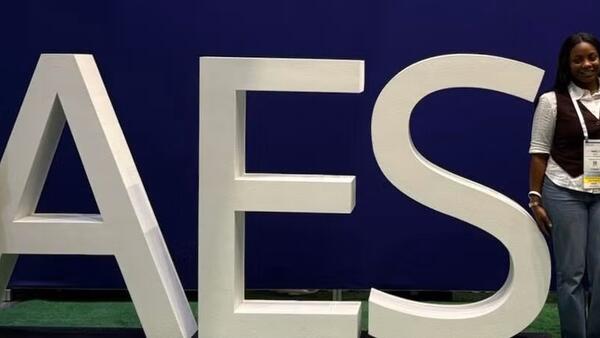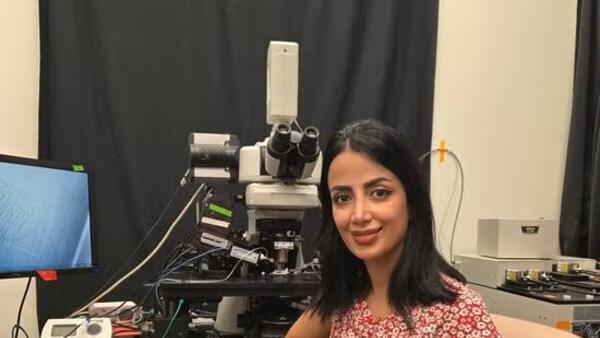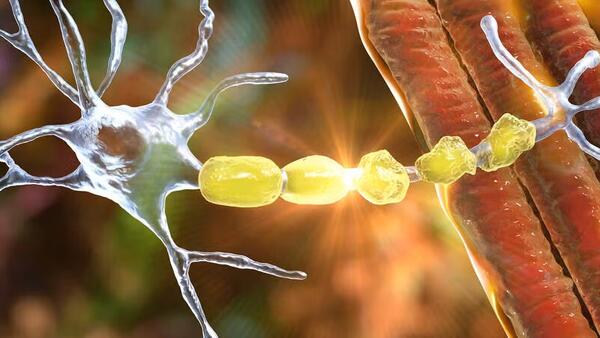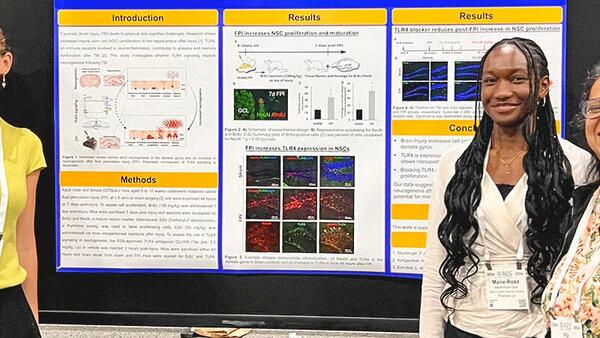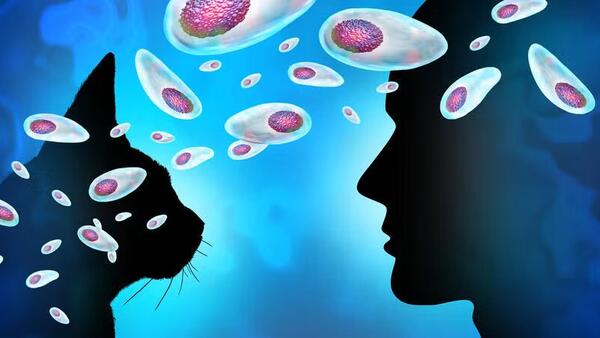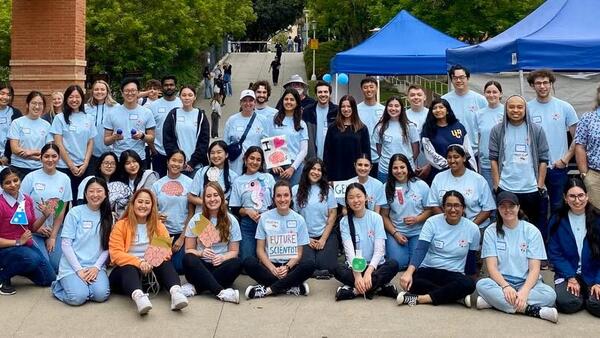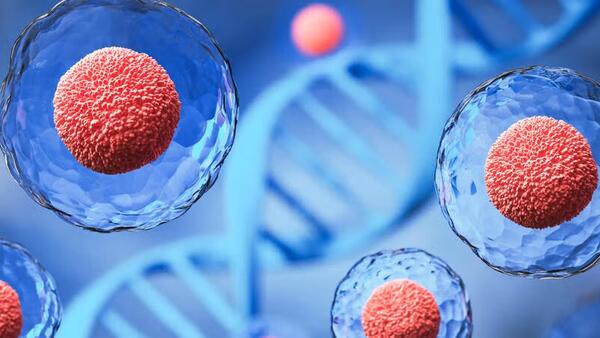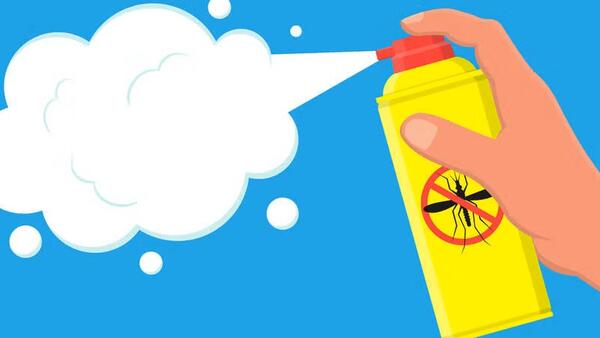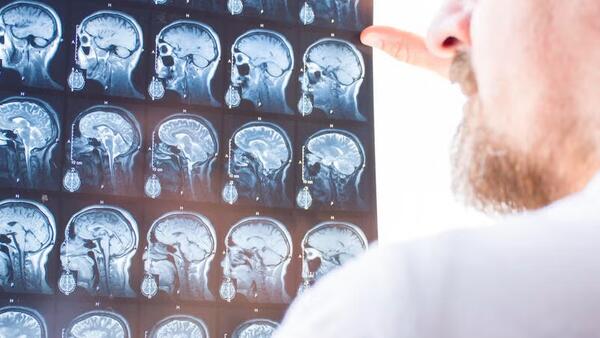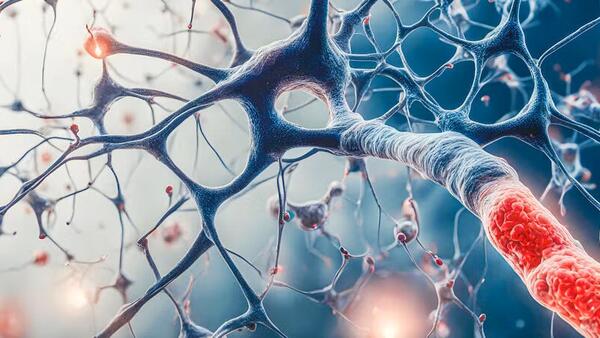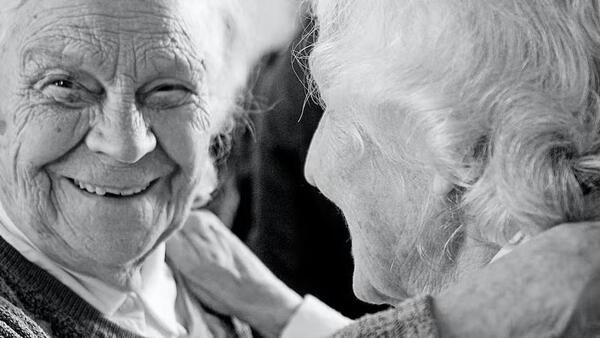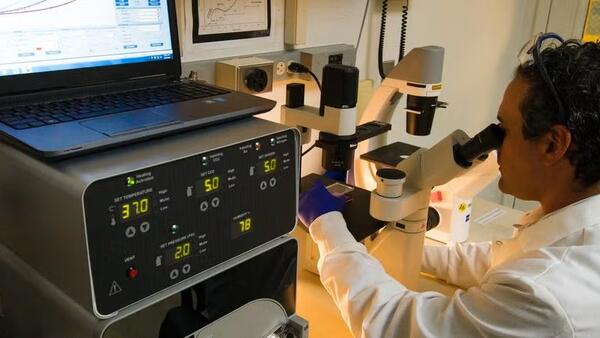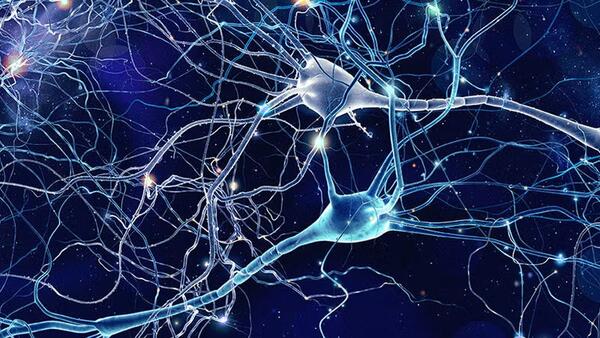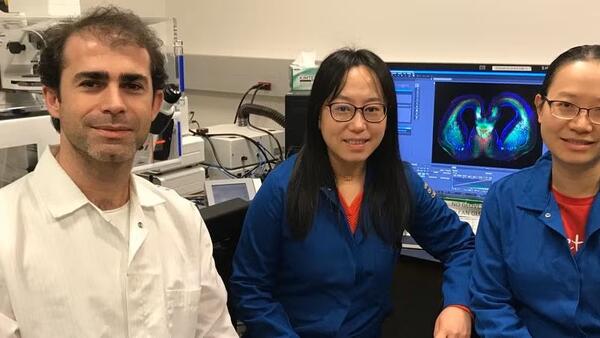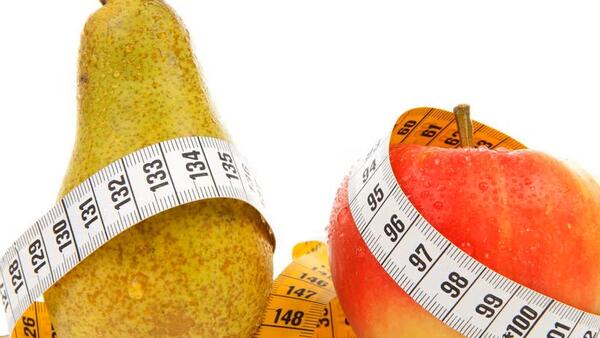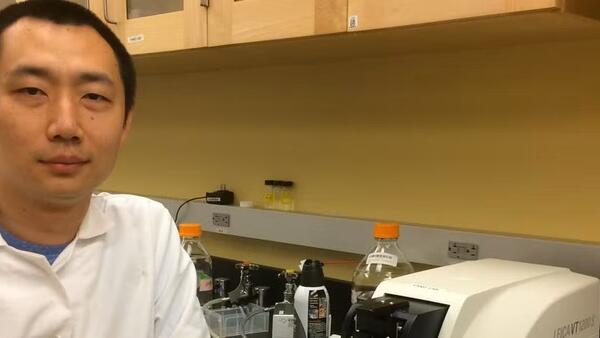NRSC - Neuro in the News
From diagnosis to discovery: Marin Furukuwa’s journey through epilepsy research
Undergraduate’s internship experience fueled her passion for neuroscience and healthcare
Iqbal Pittalwala
February 10, 2026
Postdoc receives CURE Epilepsy’s Taking Flight Award
Iqbal Pittalwala
February 3, 2026
How brain myelin damage could lead to seizures in MS
Study may explain why some people living with multiple sclerosis experience epileptic seizures
Iqbal Pittalwala
October 8, 2025
A Tie That Binds
August 28, 2025
Psychologist elected fellow of American Psychological Association
Iqbal Pittalwala
August 11, 2025
How a common brain parasite disrupts neural communication
UCR study on how Toxoplasma gondii manipulates brain cells lays groundwork for future clinical research and therapies
Iqbal Pittalwala
June 18, 2025
Epilepsy reserach rewarded with fellowship and grant
Iqbal Pittalwala
June 17, 2025
Brain Awareness Day draws hundreds of visitors to campus
Organized by volunteers, the event aims to educate students on how the brain works
Iqbal Pittalwala
April 29, 2025
DNA organization offers clues for advancing stem cell therapy
UC Riverside-led study could help advance treatments for injuries, aging, and diseases
Iqbal Pittalwala
April 16, 2025
Enhancing mosquito repellent effectiveness
Two NIH grants to UC Riverside support a machine learning approach to identify insect repellents
Iqbal Pittalwala
March 5, 2025
NIH grant supports new research on neurodevelopmental disorders
Project will focus on understanding mechanisms of hyperexcitability and seizures
Iqbal Pittalwala
February 29, 2024
Biomedical scientist to investigate endocannabinoids as potential treatment for cocain addiction relapse
Iqbal Pittalwala
January 13, 2025
Study links gene regulating brain circuit formation to autism and seizures
Collaborative research paves the way for future treatments to alleviate autism and epilepsy symptoms
Iqbal Pittalwala
January 8, 2025
Study of perception and memory in older adults will improve understanding of dementias
UC Riverside scientists will use a $2 million NIH grant to study the brain's locus coeruleus
Holly Ober
June 7, 2021
Diversifying the sciences
UC Riverside's Khaleel Razak and Frances Sladek receive grants from the University of California-Hispanic Serving Institutions Doctoral Diversity Initiative
Iqbal Pittalwala
July 24, 2020
Neurons are genetically programmed to have long lives
UC Riverside-led study identifies mechanism that prevents death of neurons
Iqbal Pittalwala
July 24, 2020
A match made in neural heaven: How a neuron grows an axon
Scientists unlock new molecular secrets to unravel the mystery
Stacy Kish
February 4, 2019
Among body shapes, pears are healthier than apples
UC Riverside mouse study finds male obesity is linked to brain inflammation
Iqbal Pittalwala
September 12, 2018
Neuroscientist receives Klingenstein-Simons Fellowship Award in nueroscience
Hongdian Yang is UC Riverside's first recipient of the prestigious fellowship
Iqbal Pittalwala
June 6, 2018

